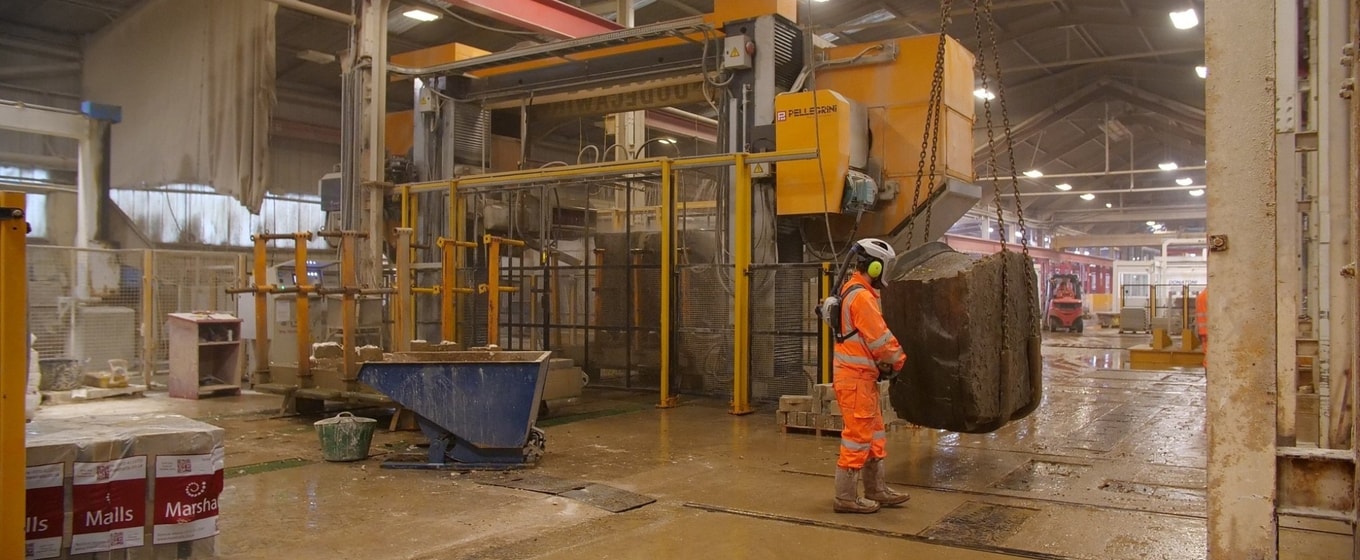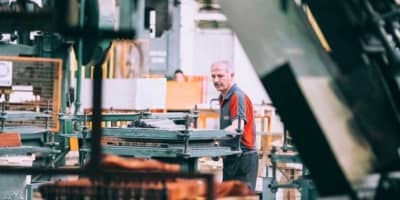We’ve all learned a lot about climate change this year. As world leaders gathered at the COP26 summit to discuss climate action, most onlookers were expecting, if not pleading, that policy decisions would be reached to help avoid a worst-case scenario for the planet.
For small businesses, climate chaos and carbon emissions aren’t the only urgent sustainability issues. Understanding the scientifically agreed measures of biodiversity loss, water shortages, and waste accumulation is equally vital to helping us plan for a better, cleaner future. Most importantly, business owners must agree to take action now, not later.
The demand for ‘proof of green’ is growing. It's widely acknowledged that over-exploitation and contamination of the environment will severely impact our well-being and livelihoods. Procurement professionals, trade specifiers, consumers, and the general public are increasingly calling for greener goods, with greater interest in how local a product is and its environmental impact. By incorporating sustainability concerns into their wider corporate social responsibility, businesses can make long-term success more likely.
Key challenges for manufacturers
For many sectors, finding solutions and implementing change can be relatively straightforward. However, the same can't be said for the manufacturing industry. The complex nature of goods, often composed of hundreds of raw materials, the need for skilled labour, and high energy costs, means that firm owners often fall at the first hurdle; knowing where to start.
This despair can lead some to ignore the new wave of green consumerism, expecting it to wash away after the 26,000 COP26 participants have gone home. But as the so-called “green pound” is here to stay until we reach net-zero waste, emissions, and pollution, this strategy isn’t one to be advised.
On the contrary, the recent pandemic has shown us that building resilience into new ways of working is essential for business continuity. This includes putting sustainability at the top of the agenda.
At Made in Britain, we’ve seen that responding to the green shift in the economy whilst maintaining competitiveness and innovation has been one of the sector’s greatest challenges in recent years. Not all manufacturers can afford to employ a dedicated sustainability officer or pay the higher costs associated with a sustainable supply chain. Consequently, delivering green initiatives can seem overwhelming and unachievable, forcing SMEs to postpone the process.
Industry progress to date
In July 2021, Made in Britain launched a new ‘Green Growth Programme’ for its members to track and assess their progress towards achieving Net Zero by 2050, in line with the Government’s COP26 ambitions. Observations of the businesses so far reveal some highly encouraging results and truly remarkable actions. It’s clear that many manufacturers are already going green in various ways but without making a PR meal of it.
While some business owners avoid promoting their environmental efforts, fearing it will be perceived as shameless green-washing, consumers and business clients are eager to know more about the brands they use. So, ensuring your eco-friendly values are clear in your messaging could help buyers feel more confident when choosing a vendor.
[The Green Growth Programme] was a perfect, manufacturing-centric dry run for our business as we head for B-corp and ISO14001 applications – it gave us a snapshot of exactly where we are strong already and where we need to do more.Pallite®, an award-winning designer and manufacturer of packaging products
When taking a wider view of the data, industry observers can find a degree of comfort and optimism for the future of green manufacturing – a useful tonic to the often-downbeat narrative portrayed in the media.
On universally agreed measures of social impact, such as local employment, employee journey miles, and regional relevance, nearly half of those who completed the MiB questionnaire scored above 80%. If we combine this with equally impressive scoring in waste awareness and renewable energy adoption, the early signs of greenness among small and larger manufacturers in Britain are more than encouraging.
We see specifiers and buyers every year asking tougher and deeper questions about the supply chain, carbon emissions, science-based targets, and circularity. There really is no room for greenwash in manufacturing in Britain.Chris Harrop OBE, Group Sustainability Director at Marshalls plc
The pathway to success for environmentally friendly small businesses hasn’t yet been determined; we are mapping it together as we tackle this daunting challenge. Creating a common end goal and reaching a mutually agreed discourse around sustainability will be critical in the industry's mission to produce greener products and protect the planet.
The green growth platform for British manufacturing businesses aims to help people normalise sustainability language, benchmark and promote their green credentials, engage with local communities, and showcase best business practices. At every level, Britain’s manufacturers are making the impossible seem feasible and helping each other to go greener, faster.
About the author
John Pearce and the Made in Britain team are on a mission to unite and grow the British manufacturing industry. As CEO for Made in Britain, John’s goal is to bring together British businesses under the Made in Britain collective mark, helping their 1750+ members across 60 industries to sell more at home, in Europe, and across the world.









These cookies are set by a range of social media services that we have added to the site to enable you to share our content with your friends and networks. They are capable of tracking your browser across other sites and building up a profile of your interests. This may impact the content and messages you see on other websites you visit.
If you do not allow these cookies you may not be able to use or see these sharing tools.